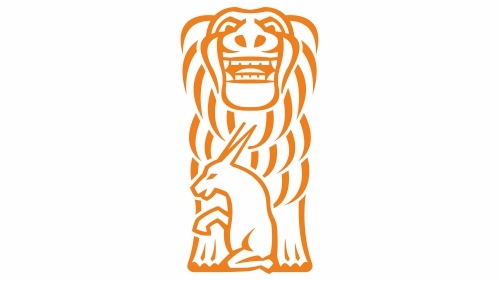The Polish Centre of Mediterranean Archaeology of the University of Warsaw is changing its internal structure. Three departments have been established that will bring together researchers dealing with various regions of the broadly understood Mediterranean world.
Each of them will be headed by a representative of the department elected for a four-year term of office. Research within the departments will be conducted not only on the basis of the results of current fieldwork and specialist analyses but will also involve archival and library studies, including the processing of documentation from past PCMA UW projects.
The largest of the newly established units is the Department of African Studies. Its members are engaged with scientific research concerning cultures and civilizations developing in Africa, with a particular focus on the northern coast of the continent and Sub-Saharan Africa. Ongoing projects focus on Egypt and Sudan, with a project each in Tunisia and Ethiopia. Dr. Robert Mahler became the head of the department.
Research conducted within the Department of Levantine Studies focuses on issues related to archaeology and related studies concerning Asia Minor, Syro-Palestine and Cyprus. Currently, the members of the department are conducting fieldwork in Cyprus and Lebanon. Dr. Francisco J. Núñez was elected the head of the department.
Department of Middle East Studies conducts archaeological research on cultures and civilization developing in the areas from Trans-Caucasia and the Iranian Plateau, through the Tigris and Euphrates basin to the Arabian Peninsula. The plant’s employees are managing field projects in Oman and Kuwait, and an expedition in Armenia is also working as part of this research direction. The department is headed by Dr. Agnieszka Pieńkowska.

